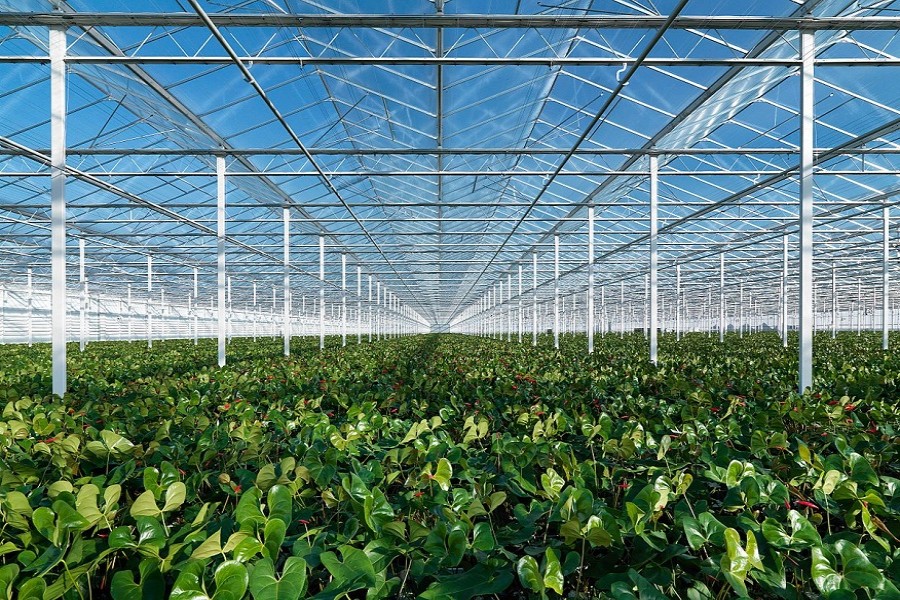With an ever-shrinking size of its arable lands, Bangladesh's agriculture has been facing the perennial challenge of feeding a disproportionately large population. But the country's farmers have been eminently successful in meeting the challenge so far. To many observers abroad, that is nothing short of a miracle. But the country's farming community has not stopped at that as it now leads the world after China and India as the third biggest vegetables exporter. Even so, there is little room for complacency as the next big challenge it has to overcome is the one from the climate change. So, to survive the all-engulfing impact of climate change, the need for introducing advanced agricultural technology and practice was never so urgent than now. Obviously, science is the only weapon left for the farming community of the country to face all the odds and, at the same time, maintain the enviable position that it has still been holding.
Admittedly, until now, other than the use of a mix of traditional practice and old technology, the country's agriculture is yet to introduce the latest innovations in cultivation practice. So, considering the enormity of the challenge, it is time the advanced and precision scientific practices were brought in to modernise the country's agriculture. At this point, it is heartening to learn that the agriculture minister with his entourage comprising relevant government officials, experts and entrepreneurs have recently visited the Netherlands, a global leader in innovative agricultural practice. Notably, despite being a tiny country bereft of the resources necessary for large-scale agriculture, the Netherlands is the world's second largest exporter of vegetables measured by value. Also, it leads the world as the exporter of tomato, potato and onion. What is more, this small nation controls one third of the global trade in vegetable seeds. As such, Bangladesh has a lot to learn from the Netherlands about the best and the most appropriate scientific agricultural practices. Therefore, it is believed, the visit to that country by the agriculture minister-led team will help develop rapport both at the public and the private sector levels between the agricultural practitioners of both the countries. As Dutch farmers are learnt to have eliminated the use of chemical pesticides and reduced the use of water for key crops by 90 per cent, the knowledge will be of immense help for Bangladeshi farmers.
As reported in the Monday's issue of this paper, a trade mission from the Netherlands will be visiting Bangladesh in March next year. This is, of course, a welcome development. What is of significance here is the information that experts from that country will impart knowledge to Bangladesh's agriculture extension officials on potato and onion. Hopefully, the areas of bilateral cooperation will be further expanded in all possible areas including research, production technology and marketing of agricultural commodities.
However, the most important of all the experiences in agriculture to be shared should be the Netherlands' knowledge of climate-controlled greenhouse farming. The beauty of this particular type of farming is that it can grow crops all the year round and under any weather conditions. In that case, the focus should be on transferring the know-how, especially, of the climate-controlled farming in Bangladesh. Bangladesh's farming community, it is hoped, will be able to derive the desired benefits from cooperation with countries like the Netherlands which are rich in their knowledge and experience of the most advanced agricultural practices.


